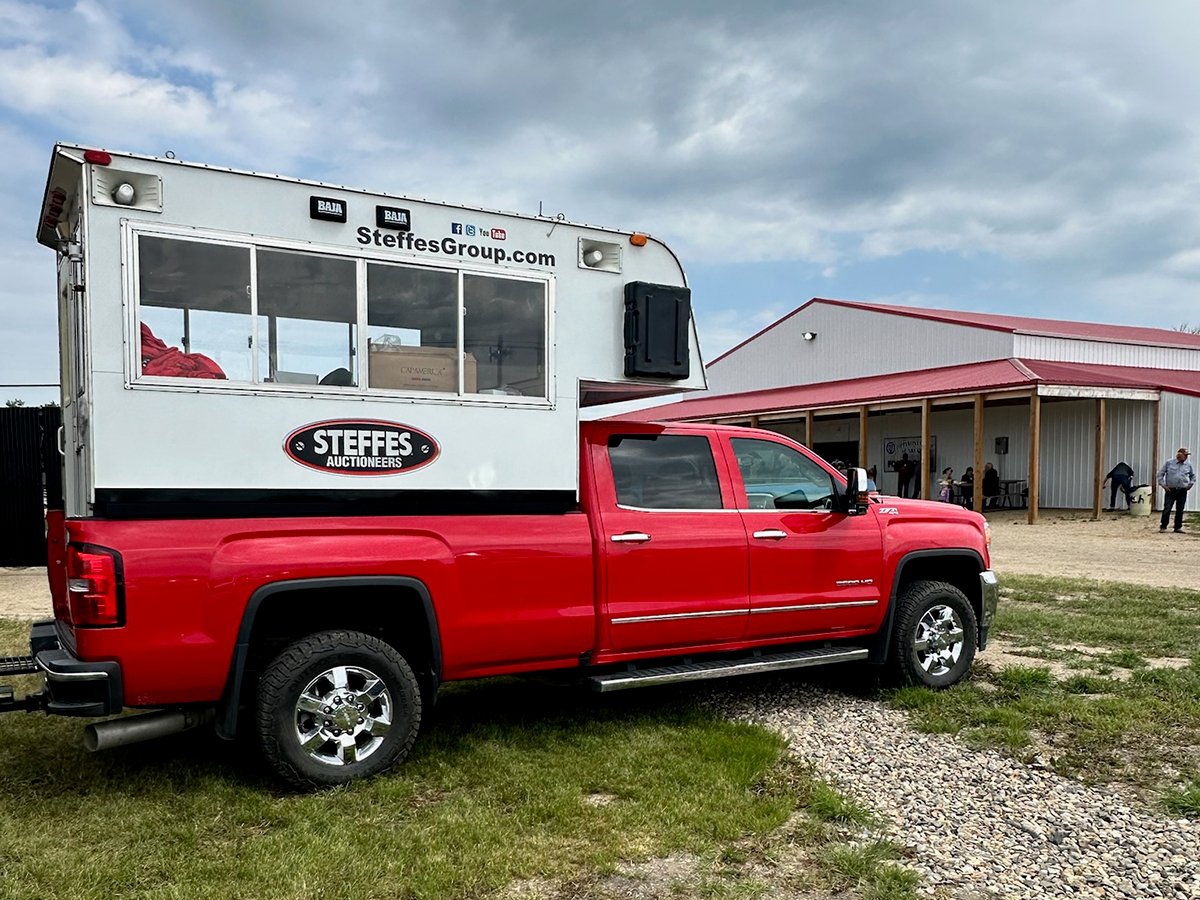Q: Please give some advice on retiring happily, not so much from a financial perspective, but emotionally and personally. My partner is getting close to that point of life. I realize a person often has to live on a reduced income and budget accordingly. But a senior friend of mine said, “My biggest problem is in John telling me how to keep house after I’ve been doing it all by myself for years.”
Men often have no hobbies or outside interests, so spare time can be a problem. And just being a couch potato is not healthy either. I know a woman’s work is never done, so I don’t mind a little help. But I don’t want to be told how to do what I’ve done well for years. I know that I’ll never be bored since I tend to be overinvolved in things. I have many varied interests.
Read Also

Farm auctions evolve with the times
Times have changed. The number of live, on-farm auctions is seeing a drastic decline in recent years. Today’s younger farmers may actually never experience going to one.
But I find it difficult to get my partner involved in most activities. There’s a thing or two he’ll do, if it doesn’t involve overexerting himself. As a result, we’ll probably get out of the house as a couple only on some occasions.
A: I strongly disagree with the idea that housework is women’s work. Taking care of a home is the joint responsibility of a couple and each must do a fair share. I believe both parties need to do the cooking, washing up, house cleaning and laundry, especially if both are home full time. But it’s important to negotiate who does what and not interfere with each other.
Retirement is a change in life, not a stop sign in life. When you no longer have to, want to or are able to carry on an outside job, you need to sit down and decide how you are going to convert those hours, often 40 hours a week or more, that are now unused. Retirement does bring increased leisure. But trying to incorporate 40 or more hours a week into leisure activity can be difficult. That is why hobbies, volunteer work and community work are so important.
Some people are afraid of the word “hobby.” They think they have to sign a contract to do something for the rest of their life. Some people think you have to be an expert in order for it to be a hobby. This depends on whether you can have fun doing something for its own sake, or are the kind of person who feels they have to win or do best at everything.
Find satisfaction
Only the first type can enjoy their hobbies. A hobby is anything you do because you want to do it, and get some satisfaction from doing it. It can range from rock-hounding, to bird watching, going on nature walks and enjoying wildflowers, making willow baskets, collecting mushrooms, postage stamps, bottle tops or even interesting newspaper articles. And you don’t have to do anything more than once. If you dabble in hobby activities you eventually find one that fits you.
Volunteer work involves giving to others in a way you feel comfortable. Some visit at nursing homes or hospitals. Some help at schools. Some deliver meals on wheels. And others just drop in on a neighbor they know is lonely to have coffee.
Men generally do less volunteer work than women. This is not because men are selfish. But men are often afraid to share themselves personally. They’d rather do something concrete like cutting grass for an infirm friend or helping at a bingo.
The key to start volunteering is to list all those things you would feel comfortable doing and then pick one, and do it. If you don’t try it, you won’t know what it’s like. And if it’s not for you, you can try something else.
When we retire, we must accept more responsibility for what we do with our time. We don’t have work as an excuse for not making such decisions. If we’re married we must involve and respect our partner in these decisions, but without stepping on his or her toes.














